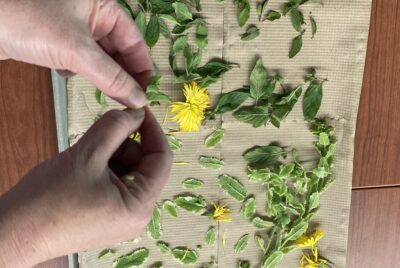RESEARCH
Horticulture as Therapy in Toronto: Unearthing Healing and Wellness in a Post-Industrial Setting
Summary
A qualitative study explored the role of horticultural therapy (HT) in Toronto’s urban landscape, focusing on how service providers facilitate therapeutic gardening programs for diverse populations. The research, based on Deep Ecology theory, included interviews with six professionals who lead wellness initiatives in hospitals, long-term care homes, mental health organizations, and community gardens. Findings highlighted HT’s role in stress relief, trauma recovery, food security, and social engagement while revealing challenges in formal recognition and accessibility.
The study identified nature-based therapy trends, such as using waterways for grief counseling and sensory gardens for cognitive rehabilitation. HT was found to serve individuals across the lifespan (ages 0-95), with specialized programs for stroke survivors, people with disabilities, veterans, and Indigenous communities. Despite its benefits, the study called for greater integration of HT into social work, expanded accessibility, and increased research on its long-term impact in urban settings







